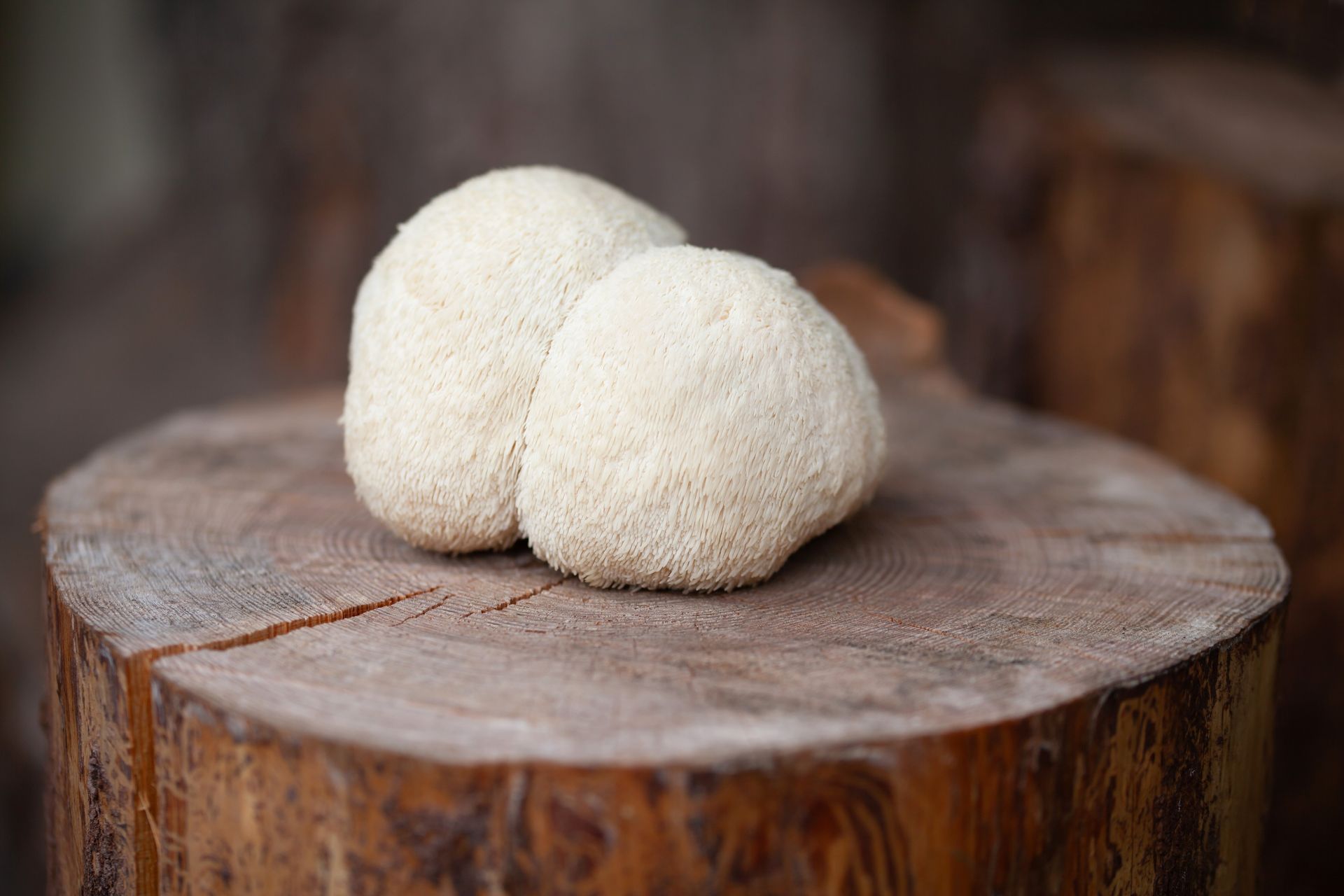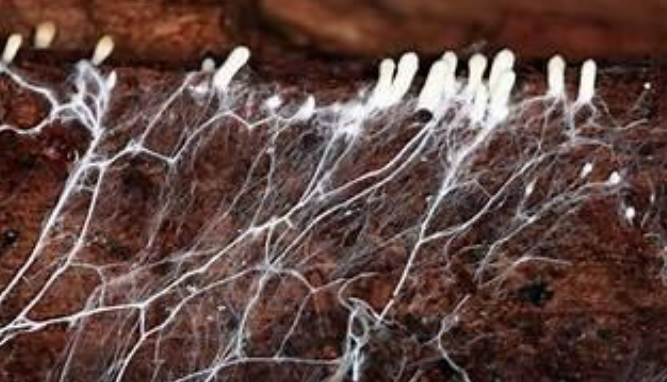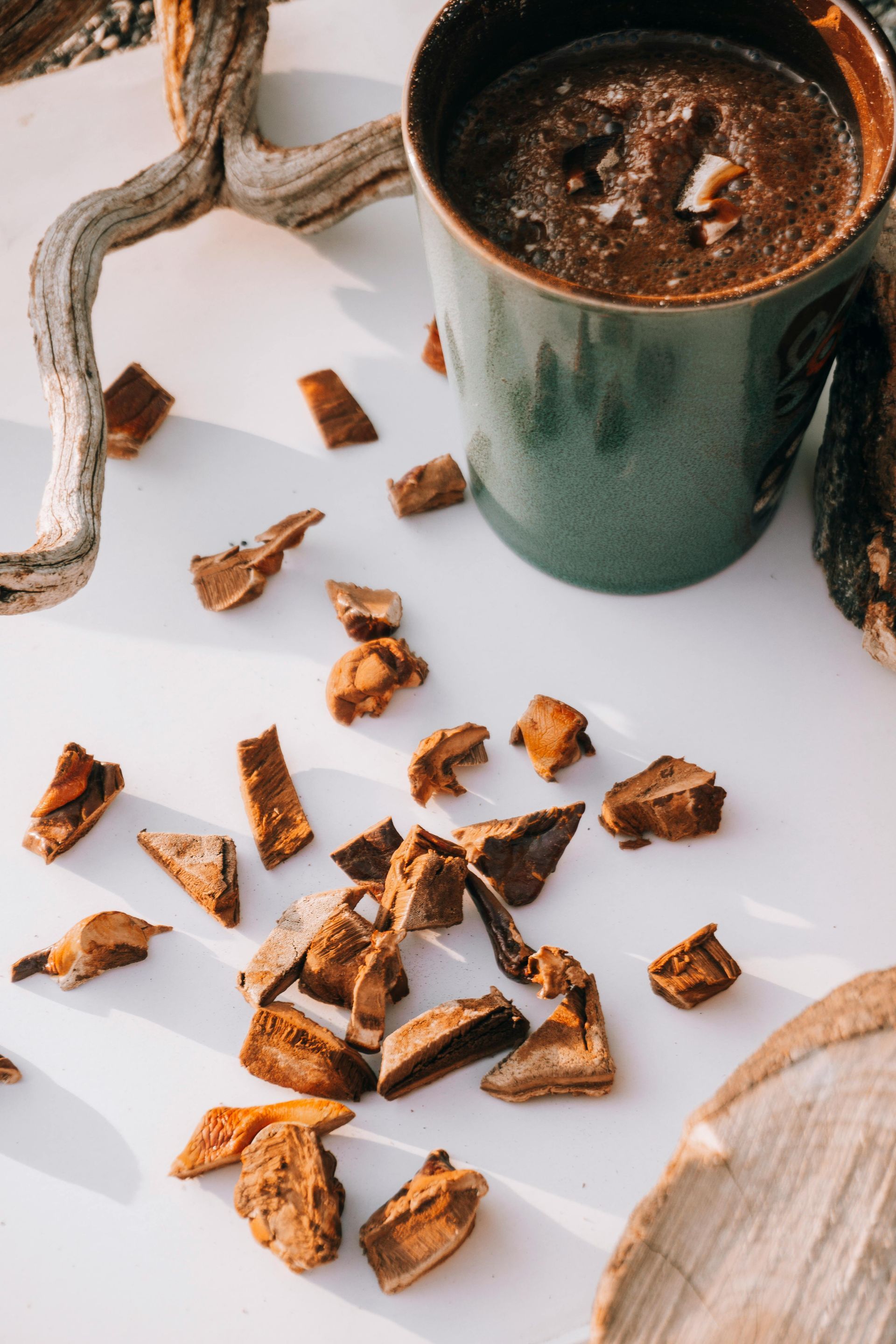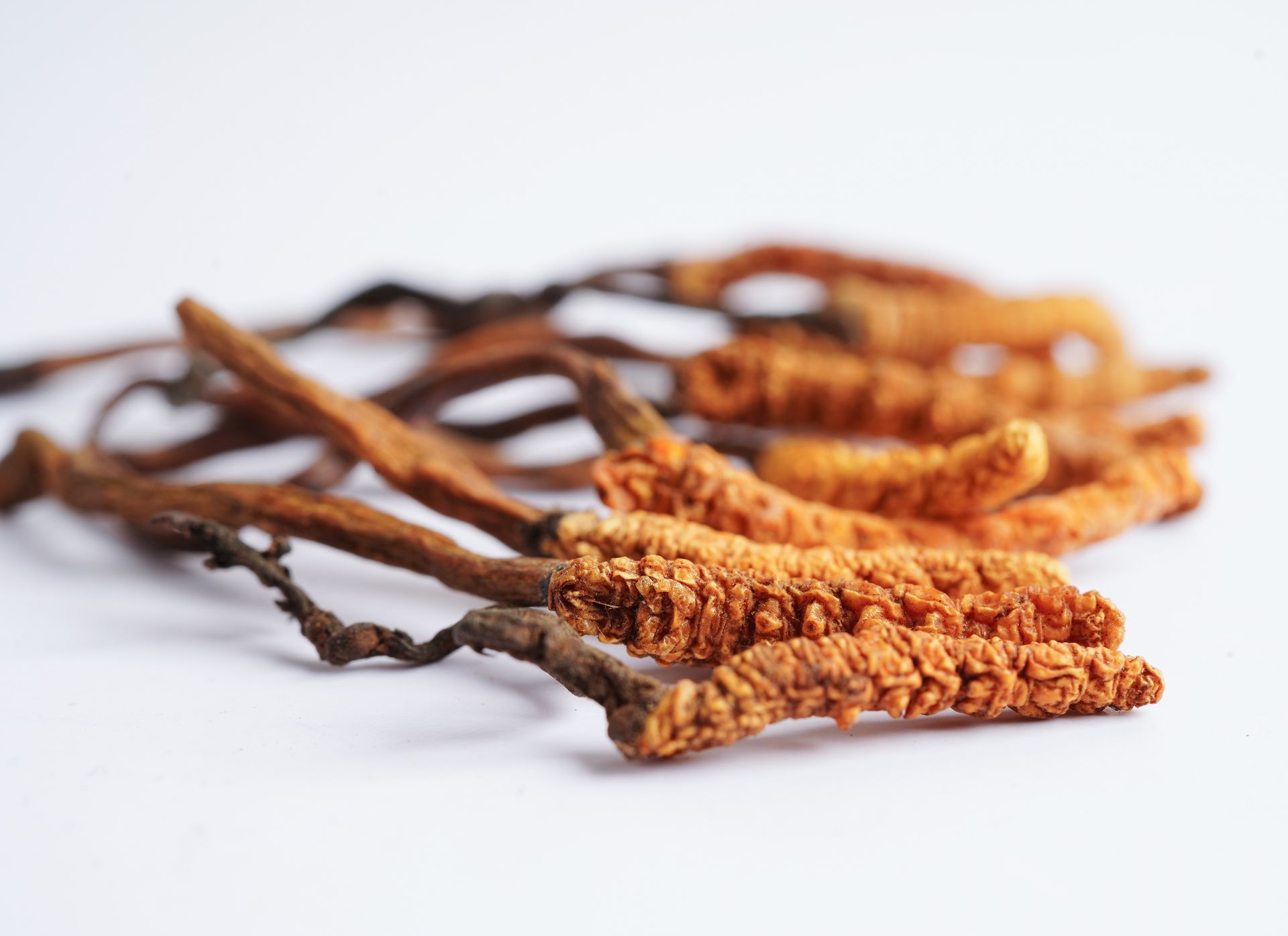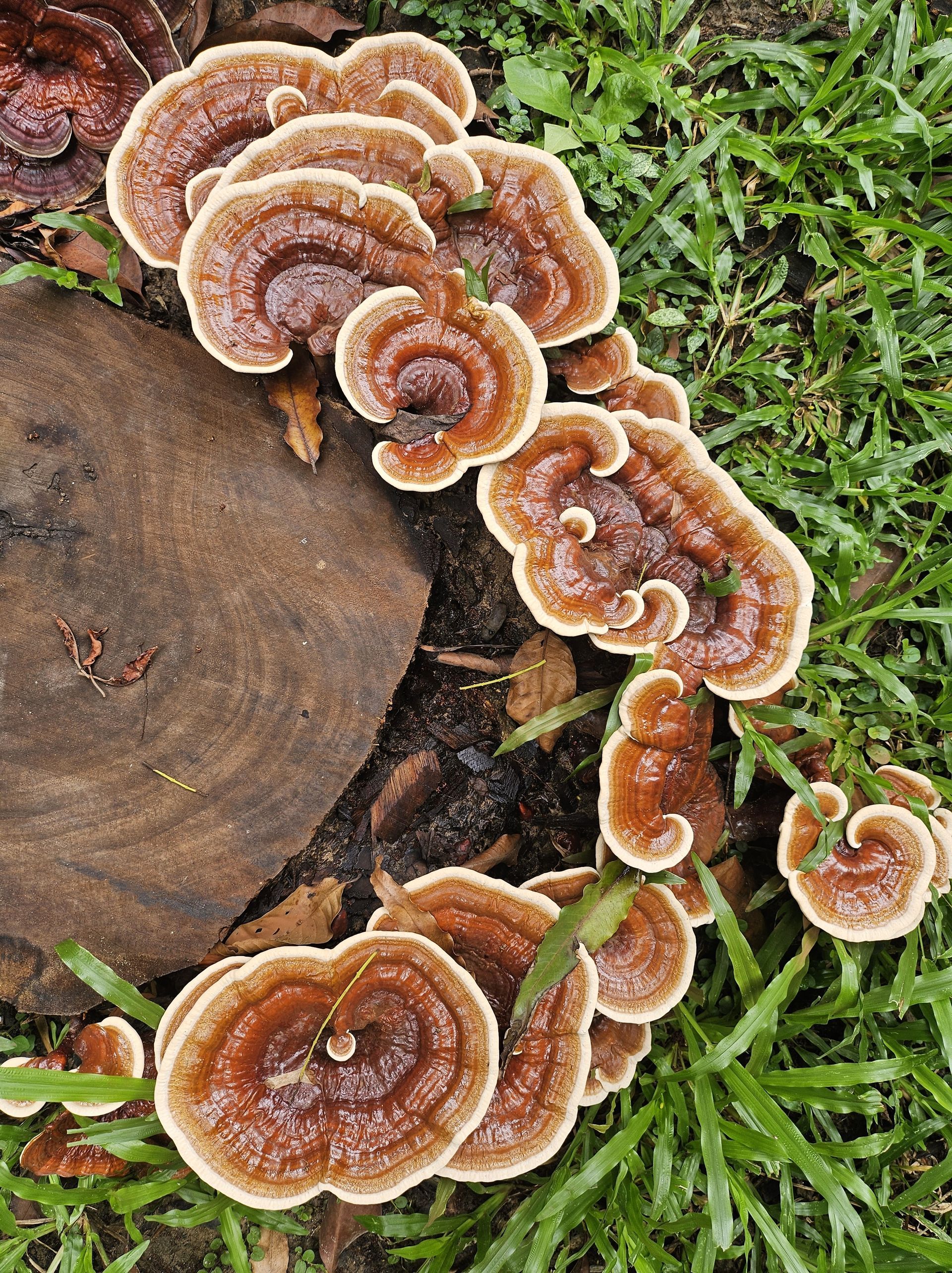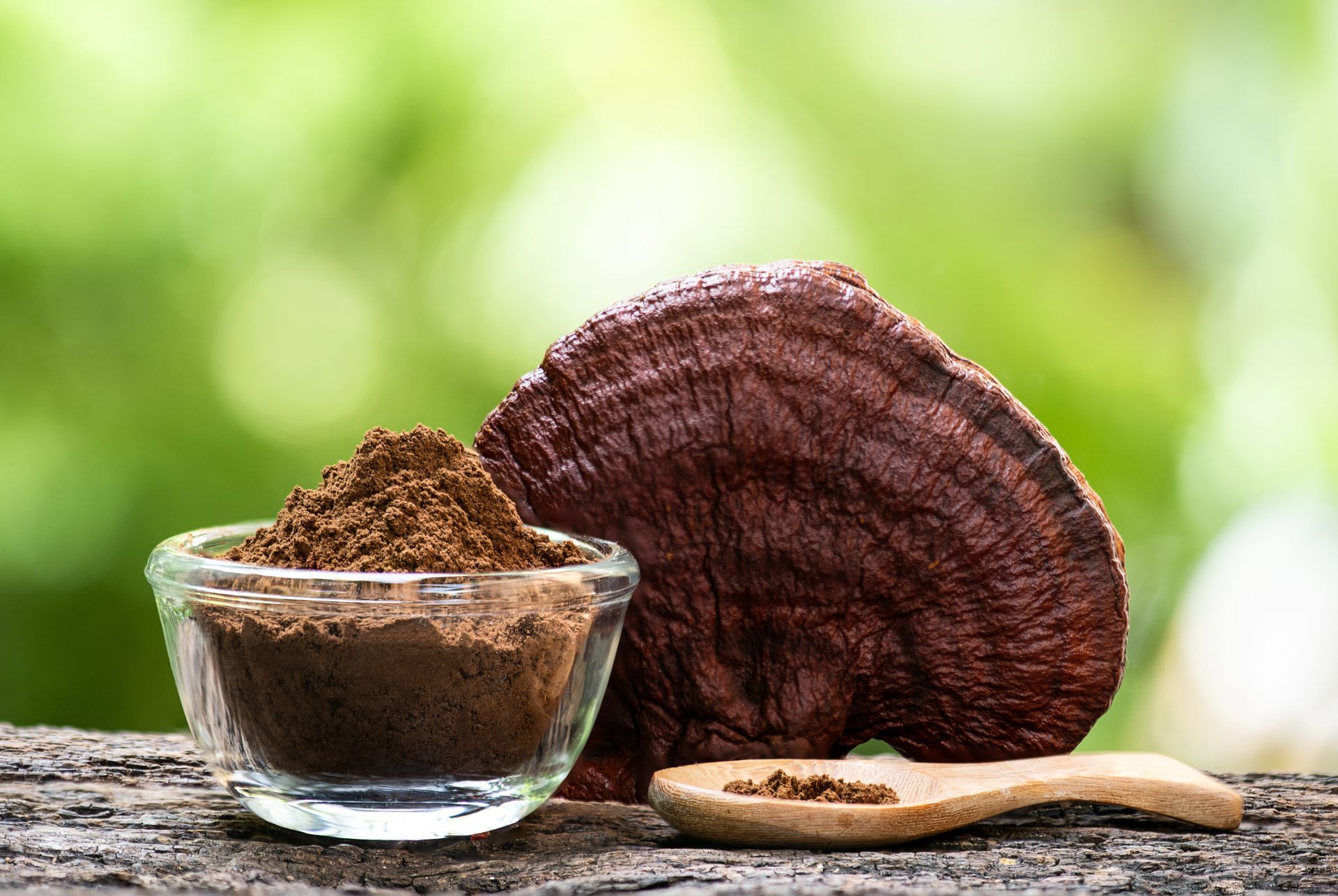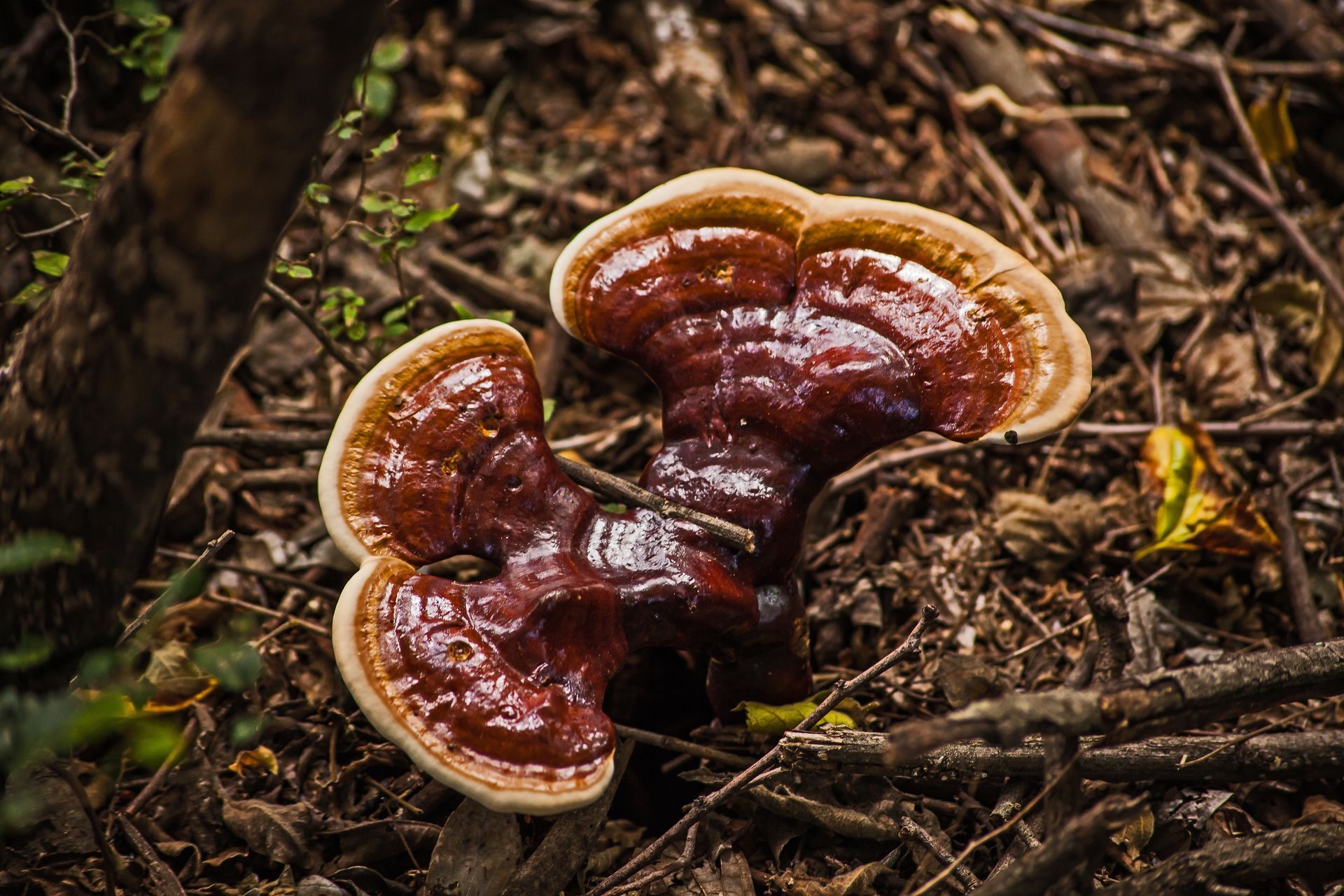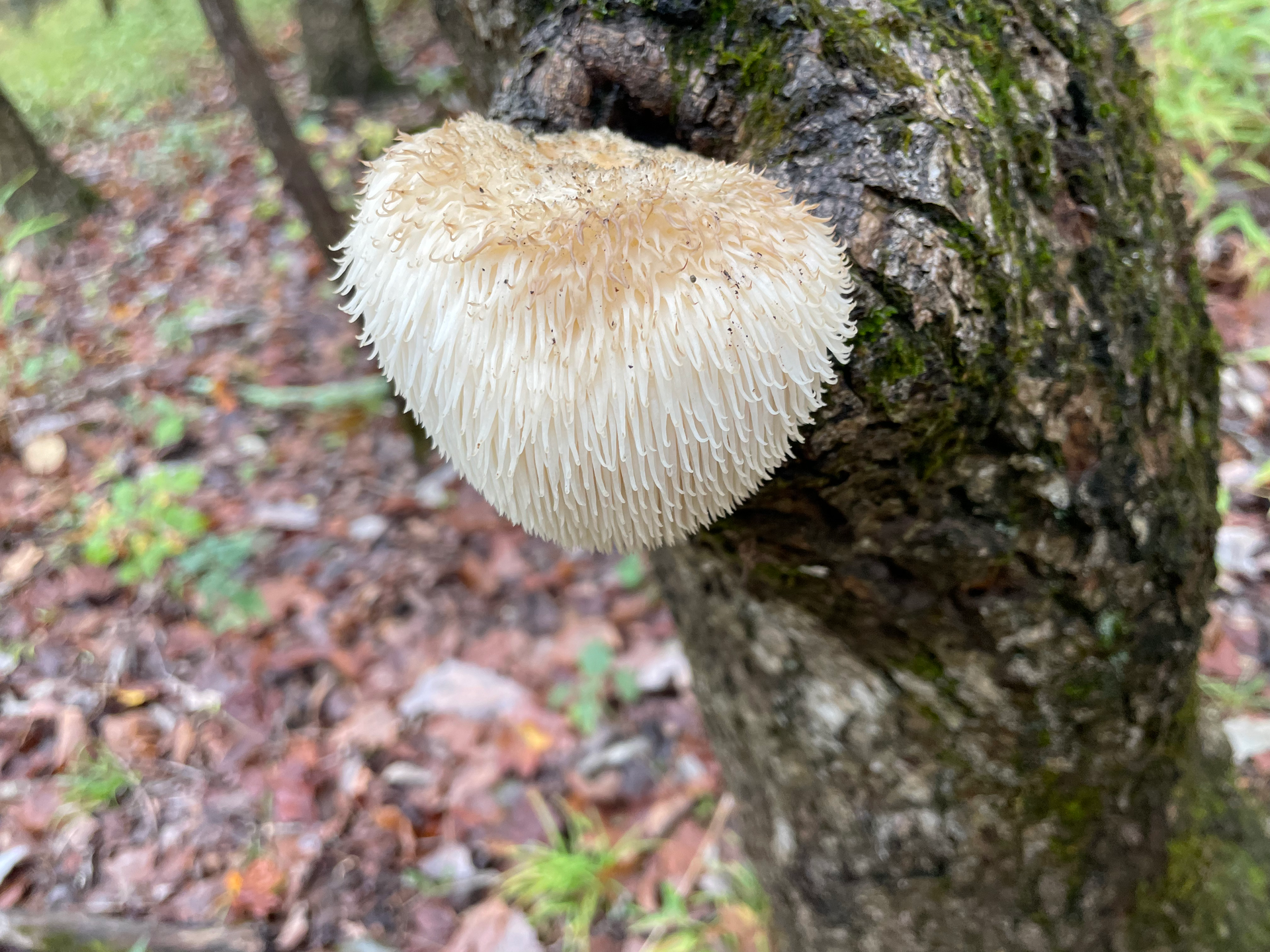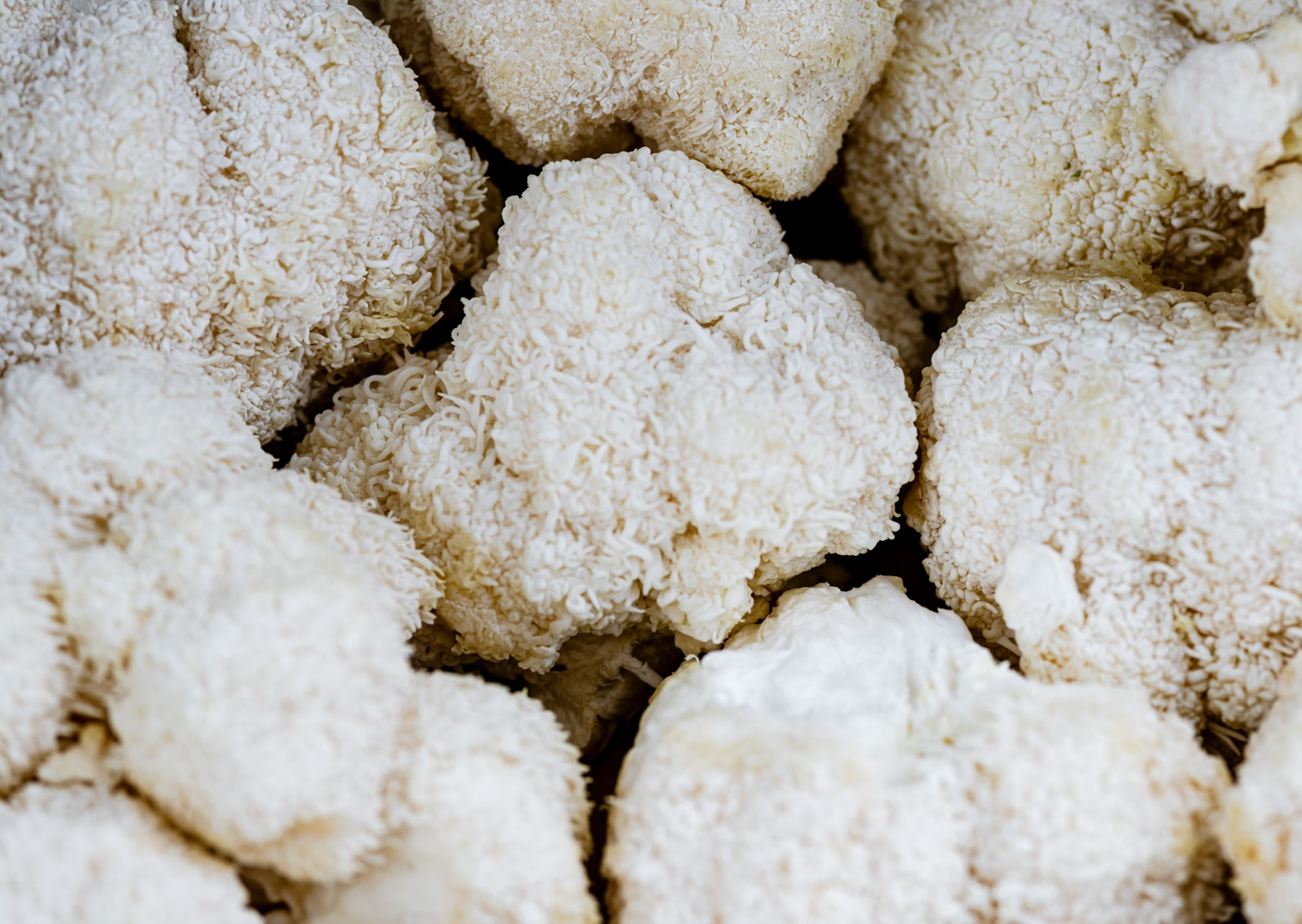Reishi: The Mushroom of Immortality
A Rich History in Traditional Chinese Medicine
Reishi mushrooms have a rich history in Traditional Chinese Medicine (TCM), where they are known as “Lingzhi.” For over 2,000 years, they have symbolized vitality, longevity, and spiritual potency. Ancient texts often described Reishi as a rare treasure reserved for emperors and nobles due to its limited availability and powerful effects. Fortunately, advancements in cultivation have made Reishi accessible to more people, allowing everyone to experience its health-promoting properties.
For centuries, Reishi mushrooms (Ganoderma lucidum) have been celebrated as the “Mushroom of Immortality.” From ancient Chinese medicine to modern wellness practices, this remarkable fungus has earned its place as one of the most powerful adaptogens in existence. But what gives Reishi its legendary status, and how can it benefit your health today?
Reishi and Immune Health
Modern research has provided compelling evidence to support Reishi’s traditional uses. One of its standout benefits is its ability to support immune health. Reishi contains bioactive compounds such as beta-glucans and triterpenes, which help regulate the immune system.
Studies have shown that these compounds enhance the activity of white blood cells, enabling the body to better fight infections and diseases. A 2016 study published in the Journal of Ethnopharmacology found that Reishi extracts improved immune responses in individuals with weakened immunity, showing a 70% increase in natural killer (NK) cell activity in some subjects.
Additionally, a 2013 study in the Journal of Medicinal Food demonstrated that Reishi supplementation significantly enhanced white blood cell count, improving overall immune function in participants.
Stress Reduction and Emotional Balance
Another well-documented benefit of Reishi is its stress-reducing properties. As a natural adaptogen, Reishi helps the body adapt to physical and mental stressors, promoting relaxation and emotional balance. Regular consumption has been linked to reduced anxiety, better mood, and improved sleep quality. A 2019 study published in Phytotherapy Research found that Reishi extracts significantly lowered cortisol levels, by up to 15%, the hormone associated with stress, helping participants feel calmer and more at ease.
In a separate study conducted in 2018, participants who took Reishi daily reported a 40% improvement in their sleep quality, highlighting its potential for promoting relaxation and enhancing restfulness.

Reishi for Cardiovascular Health
Reishi also shows promise for cardiovascular health. Research suggests that it can help reduce LDL cholesterol levels and inflammation, both of which are critical for maintaining a healthy heart. A 12-week study published in PLOS One found that participants with mild hypertension experienced a significant 7% decrease in systolic blood pressure after supplementing with Reishi. This improvement was attributed to the mushroom's anti-inflammatory properties and its ability to regulate blood pressure.
In another study, Reishi supplementation led to a 25% reduction in total cholesterol and a 20% reduction in LDL cholesterol in people with high cholesterol, further supporting its role in heart health.
Reishi's Anti-Cancer and Antioxidant Properties
In addition to these benefits, Reishi contains triterpenoids with anti-cancer and antioxidant properties. While not a replacement for conventional treatments, Reishi may complement cancer therapies by boosting the immune system and alleviating chemotherapy side effects. A meta-analysis in Integrative Cancer Therapies found that Reishi supplementation improved the quality of life in cancer patients, with an average improvement in fatigue levels of 25% and a 15% reduction in pain.
Additionally, Reishi’s potent antioxidant effects help protect cells from oxidative stress, reducing the risk of chronic diseases. A 2015 study published in the International Journal of Molecular Sciences found that Reishi extracts increased antioxidant enzyme activity by up to 40%, suggesting its potential as a powerful tool in oxidative damage prevention.
How to Incorporate Reishi Into Your Routine
Incorporating Reishi into your daily routine is simple. It’s commonly available in powdered or capsule form, making it easy to add to your favorite drinks or recipes. Try stirring a spoonful of Reishi powder into your morning coffee or tea for an immune boost, or mix it with warm almond milk and honey before bed to promote restful sleep. For a nutrient-packed smoothie, blend Reishi with fruits, greens, and other adaptogenic mushrooms like Lion’s Mane.
Why Choose Mycelium Myndset’s Reishi Products?
At Mycelium Myndset, we are committed to providing the highest quality Reishi supplements. Our products are dual-extracted, capturing the full spectrum of benefits from both the fruiting bodies and mycelium. Rigorous testing ensures high concentrations of active compounds, delivering unmatched potency and purity. Our Reishi supplements contain up to 40% active beta-glucans, the key compounds responsible for immune-boosting properties, ensuring maximum effectiveness.
Experience the Timeless Benefits of Reishi
Reishi’s enduring reputation as the “Mushroom of Immortality” is rooted in both ancient wisdom and modern science. Whether you’re looking to strengthen your immune system, manage stress, or enhance overall wellness, Reishi is a timeless remedy that fits seamlessly into a modern lifestyle. Experience the benefits of Reishi and take a step toward greater vitality with Mycelium Myndset today.
Shop now at:
myceliummyndset.com
